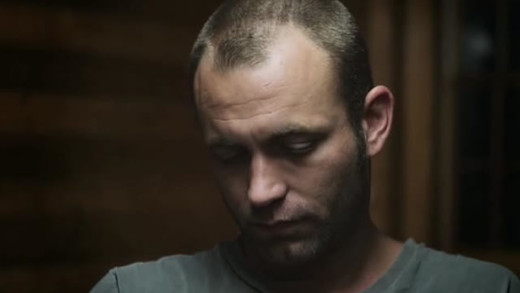Informant
Informant follows the story of Brandon Darby--a radical-left activist turned FBI informant through a series of events starting with community support work in the aftermath of Hurricane Katrina in 2005, to the Republican National Convention in 2008. Brandon ends up turning fellow activists to the FBI for making Molotov cocktails in circumstances described by fellow activists as entrapment. So what happened? Did Brandon manipulate fellow activists into doing things they didn't want to do, or were some activists simply not engaging in a full analysis of the effectiveness of their strategies and tactics? In any event, was turning over activists to the FBI the right thing to do, even when nobody was hurt?
HyperNormalisation wades through the culmination of forces that have driven this culture into mass uncertainty, confusion, spectacle and simulation. Where events keep happening that seem crazy, inexplicable and out of control—from Donald Trump to Brexit, to the War in Syria, mass immigration, extreme disparity in wealth, and increasing bomb attacks in the West—this film shows a basis to not only why these chaotic events are happening, but also why we, as well as those in power, may not understand them. We have retreated into a simplified, and often completely fake version of the world. And because it is reflected all around us, ubiquitous, we accept it as normal. This epic narrative of how we got here spans over 40 years, with an extraordinary cast of characters—the Assad dynasty, Donald Trump, Henry Kissinger, Patti Smith, early performance artists in New York, President Putin, Japanese gangsters, suicide bombers, Colonel Gaddafi and the Internet. HyperNormalisation weaves these historical narratives back together to show how today's fake and hollow world was created and is sustained. This shows that a new kind of resistance must be imagined and actioned, as well as an unprecedented reawakening in a time where it matters like never before.

